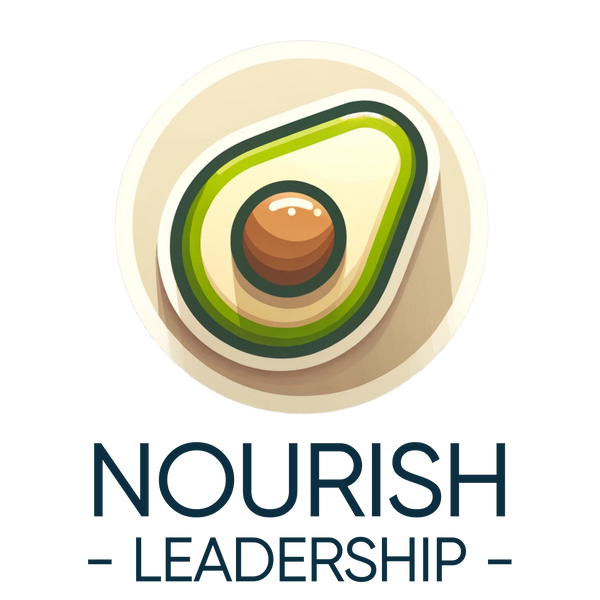Have you ever felt like being the "nice" person in the room is more of a burden than a blessing? That's a chapter from my own life, one I've grappled with acknowledging and only recently found the courage to discuss openly. Imagine always being the go-to person for help, advice, or even just a shoulder to lean on, no matter how you're feeling inside. It seems noble, right? Yet, this constant act of putting others first steered me into a shadowy corner where my needs were perpetually sidelined—a painful truth I've carried silently for far too long.
This story isn't just about being nice; it's about finding a balance. It's a journey I embarked on, which took a turn when I discovered Dr. Gabor Maté's work during my quest to find myself again. His insights opened my eyes to the delicate balance between helping others and taking care of my authentic self.
I was that person who looked strong on the outside, yet was fighting a tough battle within, dealing with depression, and the aftermath of past hurts and challenges. Despite my own struggles, I was always there for others, often neglecting what I needed the most. And the irony? When I needed a bit of that support in return, those requests were often brushed aside.
Realising that each time I said "yes" to someone else, I was essentially saying "no" to my own well-being, served as a crucial wake-up call. It dawned on me that my constant readiness to help was not just a trait but a coping pattern I'd developed to deal with my depression—a condition I wasn't ready to acknowledge or face head-on. Dr. Maté's discussions on the tug-of-war between our desire for connection and the necessity of remaining authentic to ourselves highlighted this dilemma vividly. It felt as though I was standing at a crossroads, without any signs to guide me, forced to make a choice. During this period, I also came to the stark realisation that there were people in my life who were ruthlessly exploiting my willingness to help, taking advantage of my coping mechanism for their benefit.
Embracing the idea of setting boundaries wasn't easy. It felt like navigating through unfamiliar territory, filled with moments of self-reflection, tough conversations, and some hard truths. However, I learned an important lesson: being supportive doesn't mean ignoring your own needs. It's about finding that middle ground where you can be there for others without losing sight of yourself.
For leaders, the journey towards the balance of self-care and caring for others isn't just important—it's essential. Embracing self-care isn't merely an act of self-preservation; it's one of the most impactful actions a leader can take for their team. By prioritising our well-being, we're not merely attending to our own needs; we're enhancing our capacity to support others. Improving our own well-being fills us with the energy and resilience needed to be there for those around us. This is very much in the spirit of the airline crew instructions to attend to your own oxygen mask first before helping others. Furthermore, we're setting a powerful example. This approach broadcasts a vital message: looking after yourself first is not just permissible; it's fundamentally encouraged and is anything but selfish.
In essence, looking after yourself is perhaps the best thing you can do for others, including your team. It stands as proof that personal well-being and professional excellence aren't mutually exclusive but rather mutually reinforcing. As leaders, when we model this balance, we empower our teams to aim for the same, creating a cycle of positive influence that goes well beyond our immediate surroundings.
In the end, the lesson here is clear: being excessively nice can be a pitfall if it means neglecting your own happiness and health. It's crucial to strike a balance, ensuring you can help others without compromising on your own needs. As Dr. Maté points out, the most significant challenges in life can lead us back to our true selves. Taking care of yourself isn't selfish; it's necessary. After all, you can't help others if you're not in a good place yourself. Remember, self-care and authenticity are not just good for you; they're good for everyone around you too.

